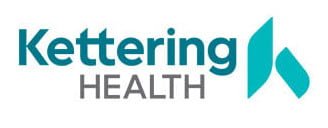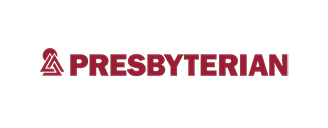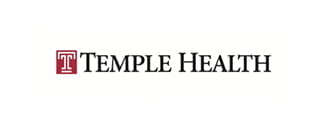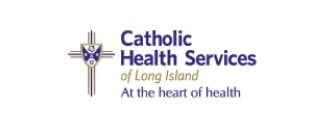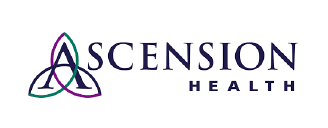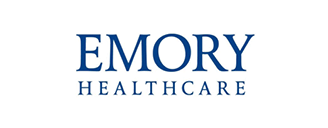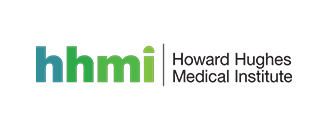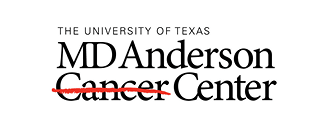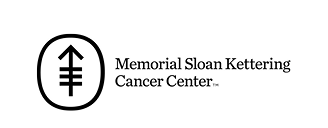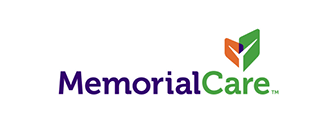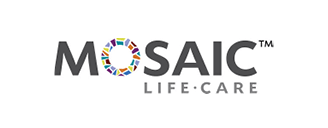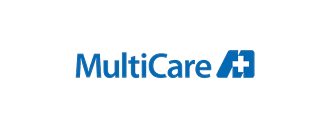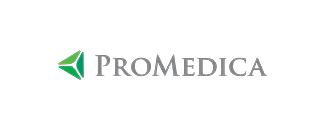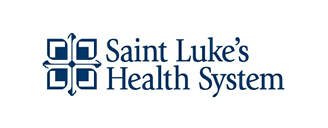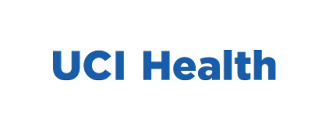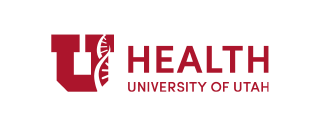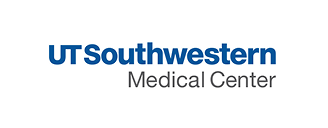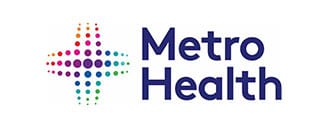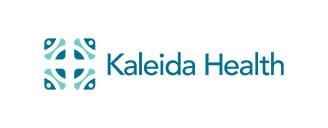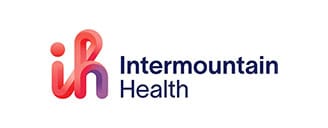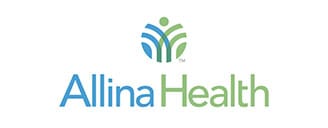Meet the panelists
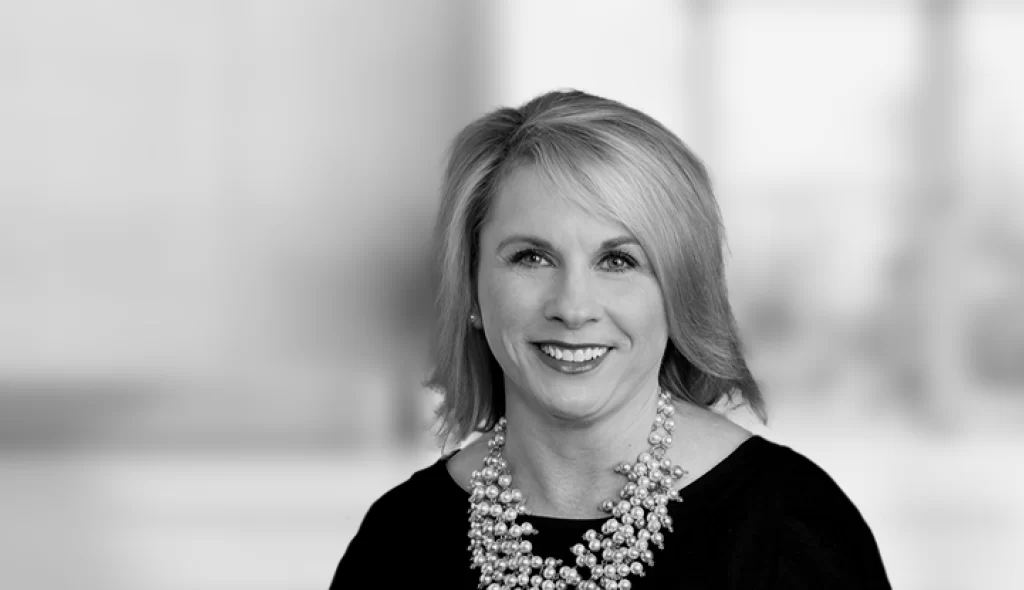
Regina Schomberg, PharmD, BCPS
Atrium Health Wake Forest Baptist
Regina is the AVP of Retail and Specialty Pharmacy Services at Atrium Health Wake Forest Baptist. She brings over 30 years of experience in pharmacy practice, including acute care, retail, and specialty services.

Daniel Madrid, PharmD, MBA
Intermountain Health
Daniel is the Community Pharmacy Director at Intermountain Health, a VPL customer. Daniel has 11 years of pharmacist experience, including retail, health system outpatient, and specialty pharmacy.

Jonathan Ogurchak, PharmD, CSP
Zeal Specialty Pharmacy
Jonathan is the CEO and Co-Founder of Zeal Specialty Pharmacy, an independent pharmacy in Pittsburgh, Pennsylvania. Part pharmacist and part techie, Jonathan has continuously pushed the industry’s status quo over the last 15 years.
Introduction
When it comes to strategic planning in specialty pharmacy today, the stakes are high. With more patients every year entrusting their care to specialty pharmacies, there’s little margin for error to promote the best possible outcomes.
United under the ultimate goal of providing excellent patient care, specialty pharmacies can learn from the experiences of their predecessors to overcome the unique challenges they face when establishing their business.
In the following three-part article series, we invite three industry experts to share their thoughts on strategic planning in specialty pharmacy. Our featured panelists reflect a varied representation of perspectives including health system pharmacies and independent specialty pharmacies.
Each of them knows the challenges of starting and growing a specialty pharmacy business intimately well. They offer their experience and industry insight to help other specialty pharmacies tap into their full potential and unlock key opportunities for growth.
In the first part of the series, our panelists discuss planning for infrastructure, hiring, and accreditation in specialty pharmacy.
Finding (or building) infrastructure
When starting a specialty pharmacy, you of course need a physical space to run the business. Depending on the circumstances, this could be an existing pharmacy, a retrofitted space, or an entirely new building, to name a few options.
As your business grows, it’s important to consider not just your shelf space for medications, but also your inventory space for supplies. For example, gel packs, coolers, and other packing supplies will be competing for space within your specialty pharmacy as well.
When considering the health system perspective, there are often more resources available to help you get started. However, to unlock those resources, the challenge is proving the value and long-term success of the new business. Daniel offers more on this point below.
Daniel
Your considerations for space will change over time. When your specialty pharmacy is in its infancy, you’ll first need to prove that your program can bring value to the organization as well as to your patients.
As we all know, money talks. So, consider the highest revenue-generating medications that your pharmacy has access to within the organization. Where are potential 340B savings? And where does the organization potentially have unmet patient needs?
Luckily, meeting those needs doesn’t require a lot of physical space to start, and beginning a specialty pharmacy doesn’t require much shelf inventory. You can order products as referrals come in. In fact, you can probably begin dispensing many of these medications out of an existing pharmacy within your system.
Once you’ve gathered enough data to demonstrate the value of your program to your C-suite, you can then consider what a standalone specialty pharmacy might look like. I can promise that supplies such as coolers and gel packs will quickly become a pain point for space.
The specialty pharmacy that I managed in Denver, Colorado has grown significantly over the years, and now we have four freezers and one refrigerator dedicated solely to gel packs. The team there is trying to balance the inconsistencies of the supply chain with how much space they have to store extra supplies.
We’re at a place in our growth where we need to either explore a new space for our pharmacy or partner strategically with our counterpart specialty pharmacy in Salt Lake City.
So, as your pharmacy grows, you’ll need to consider space and scale. For example, will you need walk-in freezers or walk-in refrigerators where you can unload an entire pallet of gel packs? What kind of receiving dock would you need for that? Does it make more sense for your system to have a central fill pharmacy where you can fill specialty and non-specialty products together?
You’ll also need to make decisions that involve space versus efficiency, such as boxes or coolers that come assembled or unassembled. Obviously, an unassembled flat box takes up significantly less space, but if your pharmacy is dispensing over 100 cold chain products per day, you could probably devote an entire FTE just to box assembly. These are just a few of the many considerations for scaling a specialty pharmacy within a health system.
Starting a specialty pharmacy independently can involve some of the same challenges in varying flavors. While you may have more liberty to choose the location of your new pharmacy as an independent, it’s important to plan with foresight to make the most of your resources. Jonathan highlights this point below.
Jonathan
I think a lot of the points that Daniel mentioned are the same challenges that we have to overcome on our end as well, specifically regarding evaluating space and managing it effectively.
For Zeal Specialty Pharmacy, we wanted to get ahead of this issue by ensuring that we didn’t outgrow our infrastructure too quickly. Right now, we deliberately operate in a facility that’s a little bit larger than our current needs. This allowed us to obtain our licensures and accreditations so that we don’t have to revisit them as quickly if we expand beyond our walls.
Another key consideration from an infrastructure perspective is not just the physical makeup of the pharmacy, but patient demographics and acquisition as well. We’re also looking at our patient funnel and identifying new patients to build that funnel as effectively as possible to ensure a steady stream of revenue.
Hiring and human resources
With a physical space for your specialty pharmacy established, the next consideration is the employees you’ll hire to staff the business. As Regina puts it, the most important decision you’ll ever make is who you hire.
At the same time, hiring doesn’t have to be overly complicated. While you want to prioritize employees who bring advanced skill sets, you can also find success training generalists to become specialists. Regina expands on this in the following paragraphs.
Regina
When starting the human resources component of your specialty journey, the most important decision you’ll ever make is who you hire. This is especially true when you’re just starting a specialty pharmacy.
In particular, you really want to hire pharmacists and technicians with advanced skill sets. In specialty pharmacy, there’s the dispensing component, but you also have the proactive patient outreach.
Navigating outreach requires specialization in benefits investigation, prior authorization, and patient assistance. Technicians who bring this unique skill set have a better understanding of how best to communicate with patients and address their needs.
At Atrium Health Wake Forest Baptist, we’ve had success leveraging the payor expertise of our managed care sector. This gives us the benefit of understanding what payors are looking for and the questions they’re asking.
With pharmacists, we found that as long as they are teachable, adaptable, and willing to learn, you can turn a generalist into a specialist very easily. The major opportunity is to advance the skill set of traditional community pharmacists and ambulatory care pharmacists. The specialty practice is really a wonderful opportunity to combine those skill sets and elevate the practice for pharmacists who are already in their careers.
Again, with specialty pharmacy practice, you have dispensing and patient outreach, however, these don’t have to be done together. Specialty pharmacies can consider creating remote positions for patient outreach.
Offering off-site employment opportunities can be a significant motivator for teams, such as by creating a sense of autonomy and ownership over certain service lines or patients. Off-site opportunities can also be a key retention strategy, helping keep team members on the job.
Lastly, when we look at the growth of specialty pharmacy into the future, we have to make sure that we expose students, interns, and residents to the practice as well.
My team works closely with local pharmacy programs to lecture on specialty pharmacy practice. We offer student and residency opportunities with us as well. As leaders, we have to look out for not only our current practitioners, but for the pipeline development of practitioners to come.
Considerations for accreditation
In addition to planning for adequate infrastructure and hiring, another key factor for your specialty pharmacy is accreditation. According to Regina, accreditation is a looming topic that everyone gets nervous about because it’s a necessity.
However, accreditation doesn’t have to be intimidating. Regina breaks down a few methods for balancing the accreditation process and taking care of patients at the same time.
Regina
Most payors and manufacturers accept the two most common accreditations: ACHC and URAC. So, don’t be overwhelmed by the process. Choose one accreditation to work towards at a time.
Meanwhile, you have to go ahead and take care of some patients because you need patient data to even seek accreditation.
Typically, we think of the process like this: Start a service, find a location, and get accredited. But it doesn’t all happen simultaneously. So, break that down, review your standards, discuss with your colleagues, and phone a friend to see what they did well and what they would do differently.
You could engage an accreditation partner as well. There are many of them out there who could offload some of these responsibilities. Or you can look at someone in your facility who might have that skill set or that regulatory background.
From Jonathan’s independent specialty pharmacy perspective, accreditation can be made easier with the help of technology.
While pharmacy isn’t typically the most tech-forward industry, there’s a substantial opportunity to leverage technology to assist pharmacy processes both regulatory and operational.
Jonathan
Accreditation and licensing are where my pharmacy is looking to find ways to optimize processes and be more efficient. We eventually put the technology in place to do this.
When there are activities in a pharmacy that are more regulatory as opposed to revenue-generating, you still need to make sure that you have this capability. So, how can we find ways to leverage the technology to be more efficient in this arena?
With pharmacy in general, you don’t necessarily think of it as the most cutting-edge. This is because, as an industry, we’re privy to the rules and regulations of our state boards and other regulatory bodies.
But I think that’s where a lot of us have shared experiences when it comes to the pharmacy workflow. If we can find ways to streamline care and reduce some of those possibilities for error, it helps to cut down on costs for the pharmacy, the patient, and potentially other stakeholders.
Conclusion
Starting a successful specialty pharmacy involves thoughtful planning of infrastructure, hiring, and accreditation. From choosing the right physical space to ensuring future scalability, infrastructure is foundational to the growth of a specialty pharmacy.
With location established, hiring the right personnel with specialized skills is an important next step. And, while accreditation can be daunting, breaking the process into manageable steps can simplify the process.
Whether working within a health system or independently, these forward-thinking strategies can pave the way for healthy growth and long-term success in specialty pharmacy. Stay tuned for part II of our series on strategic planning in specialty pharmacy.
About VPL Rx
VPL Rx is a clinically minded shipping, tracking, and compliance solution designed to modernize pharmacy distribution and promote healthier patients. Our quicker shipping workflow delivers prescriptions safely with real-time tracking, delivery alerts, and last-mile intervention. Exportable performance reporting and data analytics help pharmacies optimize costs and maintain compliance and accreditation.
